FAQ: 2020 Farm Requirements
A detailed FAQ about the Rainforest Alliance 2020 Sustainable Agriculture Standard Farm Requirements.... Continue Reading
Home / Business / Certification
Certification has had a huge impact in bringing sustainability to the forefront of business thinking, but it must continue to evolve to provide more value to farmers and companies and ensure that people and nature can thrive in harmony.
That's why the Rainforest Alliance launched its new Certification Program, which entered into force in July 2021. The Sustainable Agriculture Standard, along with its assurance and technology systems, are data-powered, and based on the principles of continuous improvement, risk-based assurance, contextualization, and shared responsibility. This is how we can deliver more value to the two million farmers and thousands of businesses that use Rainforest Alliance certification to drive more sustainable agricultural production and responsible supply chains.
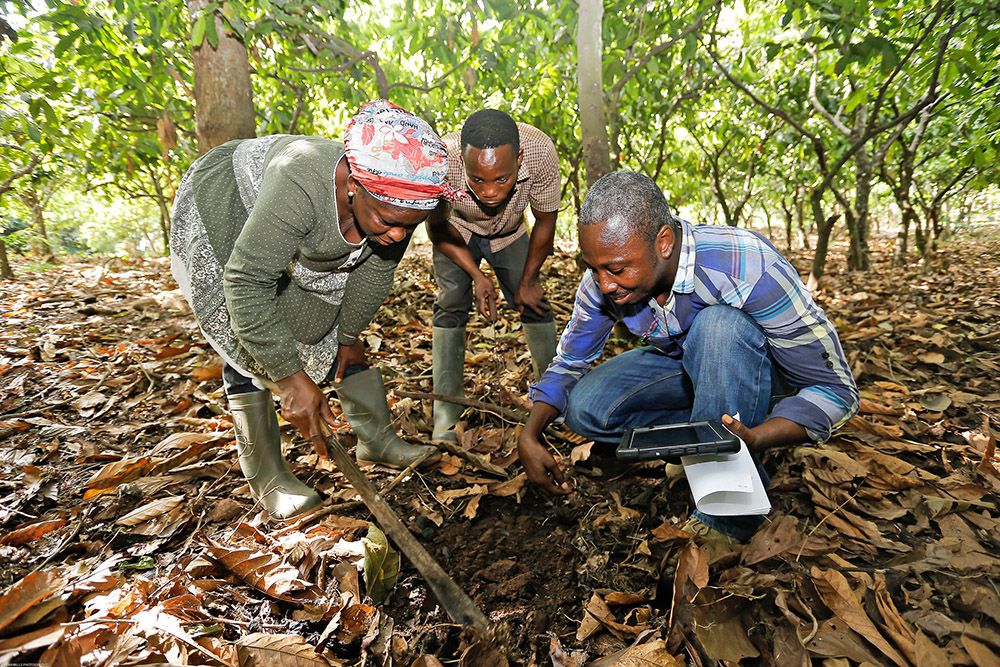
The certification program is part of the Rainforest Alliance’s strategy to drive sustainability at scale in the sectors in which we operate through interconnected interventions supporting certification, tailored supply chain services, landscapes and communities, and advocacy.
Key priorities of our cocoa strategy are assurance, shared responsibility, supply chain transparency, and profitability and resilience.
How we have tailored the implementation and verification of standards requirements on child labor and forced labor to the risk exposure of each farm.
Our shared responsibility approach aims to distribute benefits and costs of certification more evenly between farmers and companies.
Begin your journey of certification with the Rainforest Alliance.
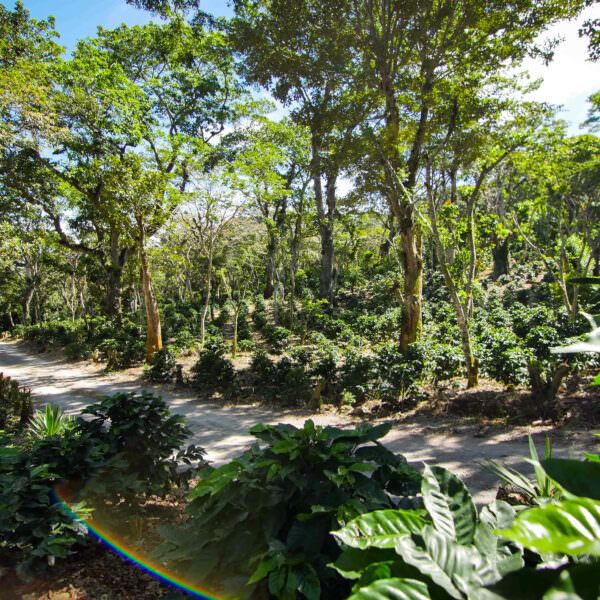
A detailed FAQ about the Rainforest Alliance 2020 Sustainable Agriculture Standard Farm Requirements.... Continue Reading
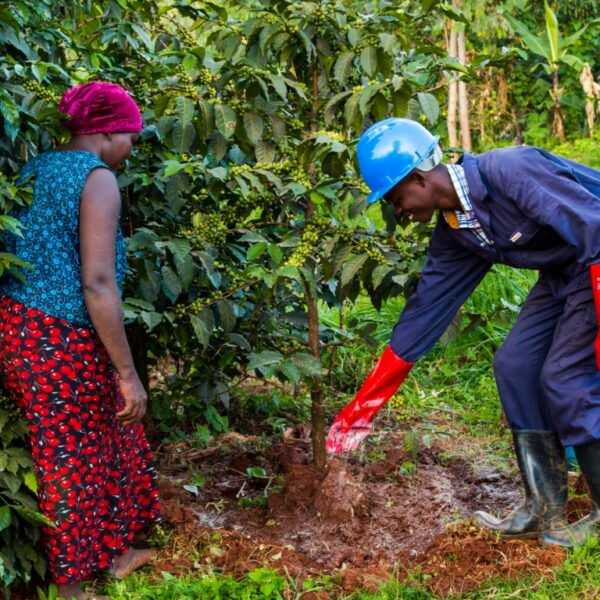
Find out what Ugandan coffee exporter, Kyagalanyi Coffee, had to say about the new program—from the improvements to the challenges.... Continue Reading
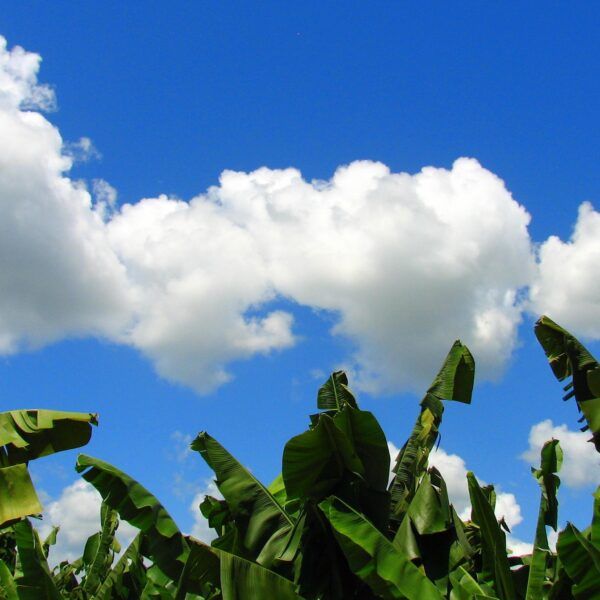
After teaming up for an early implementation pilot of our strengthened certification program, both Finca Esmeralda and the Rainforest Alliance took away learnings that will contribute to a more sustainable banana sector.... Continue Reading
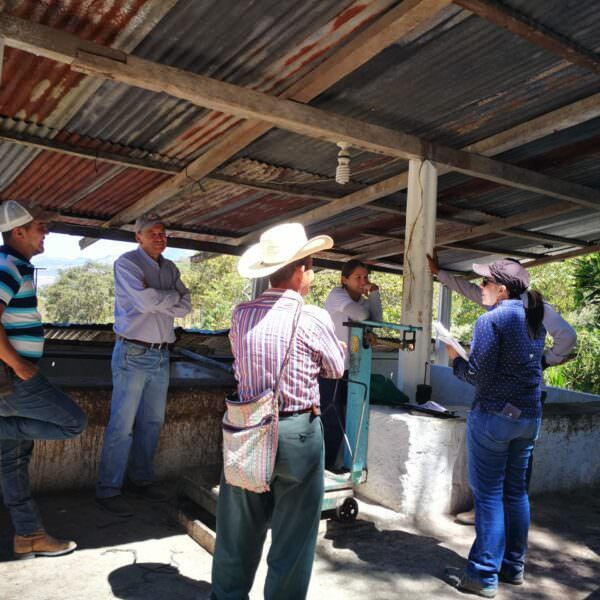
Rainforest Alliance certification is carried out by our authorized certification bodies. Find an authorized certification body in your county.... Continue Reading

The Exceptional Use Policy is built upon requests from certified producers to use pesticides that are included on the List of Prohibited Pesticides (Annex 7).... Continue Reading
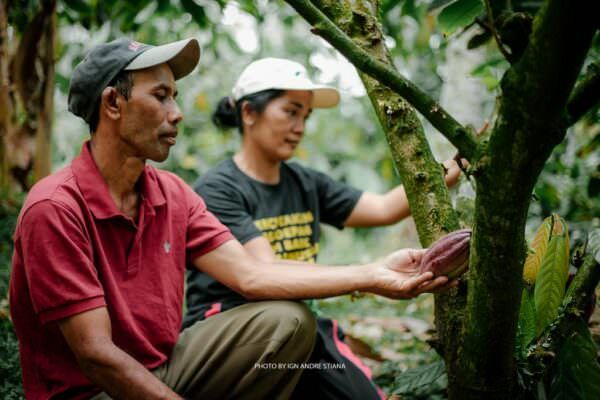
Find out how our systems and offerings are primed to help certified cocoa and coffee supply chain partners show compliance with EUDR requirements.... Continue Reading

This policy aims to align the requirements of the Rainforest Alliance standard applicable to intermediaries in the context of cocoa production in Latin American countries. The requirements mentioned in this policy are intended to assist cocoa producers in the implementation of the Rainforest Alliance program.

The new ‘Policy on WOs’ has been developed to align the Freedom of Association (FoA) requirements (5.2.1; 5.2.2; and 5.2.3) of the Rainforest Alliance 2020 Sustainable Agriculture Standard to the context of banana and pineapple farming operations in Costa Rica. It aims to recognize, in equal conditions, benefits to all Workers’ Organizations (WO), and access […]

SA-P-AF-6 This policy sets out specific implementation requirements for certificate holders at both producer and supply chain actor levels (Certification requirements) and for reinforcing the assurance process (Assurance Process Rules).

Miguel Gamboa, Sector Lead for Coffee at the Rainforest Alliance, spoke with Comunicaffe to explain how our coffee certification program works at the source.